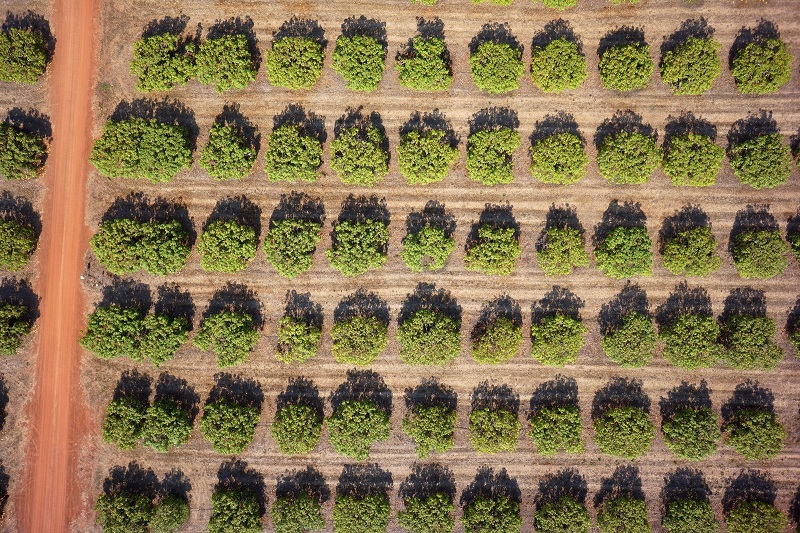
No $100bn Free Trade Agreement, Australia and EU Fail to Break Trade Deadlock
Australia and the European Union failed to reach common grounds to resolve five-year-long negotiations on a $100 Billion free trade agreement. Differences remain on agricultural products. Australia has been demanding meaningful agricultural access to European markets.
Australian Prime Minister Anthony Albanese said negotiations with the EU will only be concluded when they have a “good deal” and one that includes new market access for Australia’s agricultural products. Trade is critical to Australian agriculture.
Tony Mahar, the National Farmers’ Federation chief executive, said agriculture was always one of the final issues to be resolved in trade negotiations. He acknowledged that it is challenging. “It’s too important not to get it right. We want to make sure that we get this right for Australian farmers from the first day for decades that follow.”
Keep Reading
European Commission representative told the media it was not possible to conclude talks with Australia this week. “We made progress but more work is required to address key outstanding issues.” Don Farrell, Australian Trade Minister, said officials on both sides would continue negotiations and try to meet again in August. “Australia needs meaningful agricultural access to European markets. I’m optimistic that some goodwill, some hard work, some perseverance, we’re going to get there.”
Talks between Australia and the EU have not been smooth. There have been thorns and threats as both sides want to gain as much as possible. The EU has threatened the right of Australian producers to use names like mozzarella, parmesan and feta. It also wants to restrict the use of these names to products originating from specific regions. Australia wants the EU to honor and uphold the terms of the existing wine agreement, for continued use of grape variety names, in particular “prosecco”.
Australia has been very keen for an ambitious agreement that increases access to the European market. Farrell said Australia will not sign a deal for the sake of it. “Negotiations will only be concluded when we have a deal that is in Australia’s national interest and one which delivers commercially meaningful, new market access for our world-class agricultural products.”




